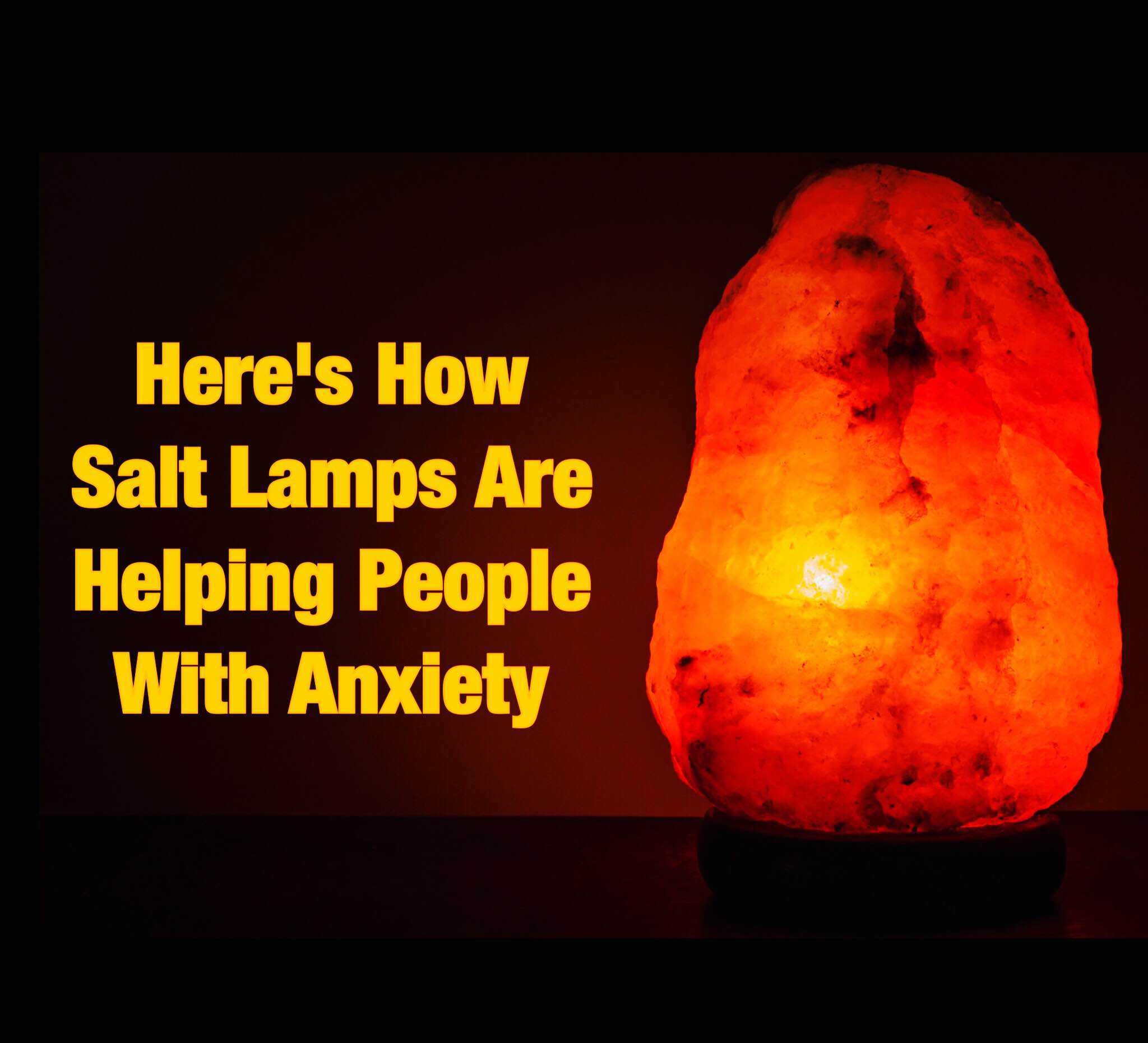It’s healthy to think highly of yourself and to hold yourself to high standards. But these standards have to be reasonable and grounded in reality. Unfortunately, for many perfectionists, that’s not the case for them.
Perfectionism doesn’t sound too bad as a concept. You want the best and are willing to do whatever you can to achieve it. But many times, those perfectionist traits come with their fair share of downsides that can negatively affect you. In a cruel sense of irony, being a perfectionist can jeopardize your progress! Here’s how therapists reveal six reasons perfectionism can be self-sabotaging, and how to fix it.
1. You Take Ages To Make A Simple Decision
There is no such thing as a perfect decision. No matter what you choose to do, there will be some downsides. If you’re a perfectionist, you might feel the need to excessively obsess over all the possible factors involved in that decision-making process.
What this does is it forces you to spend a lot of energy and time working on these choices, which can wind up burning you out, explains author and published researcher Alice Boyes, Ph.D., who has papers published in leading peer-reviewed journals around the world. She stresses that this can cause you to focus on smaller things instead of more significant priorities, which isn’t great for your energy levels. Here are some tips to get around this form of self-sabotage:
· Focus On The Most Important Things
Let your brain zero in on only the most crucial tasks first. This focus means you’ll have less to devote to obsessing over minor decisions, and your efforts will go where they deserve to.
· Put Yourself In Time Constraints
Need to make a decision quickly? Put yourself in a situation that forces you to make your choices in a fast manner. If you have multiple things to make decisions for, or if someone is demanding a decision by a specific deadline, you will often be more motivated to make choices faster or move on.
· Learn To Prioritize
Use simple rules of thumb to find ways to prioritize tasks quickly. This habit can be referred to as heuristics, a process by which certain things are given priority over others based on a value such as effort, monetary influence, or fluency. This is, by nature, not a perfect decision-making method, but one known for its positive effect on efficiency, short-term goals, and finding optimal solutions without the need for lengthy consideration.
2. You Procrastinate
Procrastination is often seen as a bad trait, but that doesn’t mean that perfectionists don’t suffer from it. But how can someone who wants to do perfectly put off their work? Well, according to the author and licensed psychotherapist and codependency expert Sharon Martin, LCSW, here are some reasons a perfectionist may procrastinate:
· Fear
You might be terrified of being embarrassed, of failing, or of not being good enough. This fear paralyzes you, making it impossible for you to perform your work as your anxiety holds you in place. To overcome this, understand that the only way to improve is to make mistakes. If you fear failure, you are, by proxy, fearing something crucial to improvement.
· Self-Worth
Your sense of self-worth might tie into a possible achievement from this perfectionism. Unfortunately, that means that you can become especially discouraged when you realize you may be unable to succeed and envisioned in a task. Remember, your successes do not define you as a person. Learning to be secure in your identity, not in your goals alone, is crucial.
· High Stakes
Perfectionists often set very high goals, and the momentous task before you might make it difficult for you to know how or where to begin. Learn to temper the stakes you put in what you do. Keep things reasonable – what can you accomplish?
· The Cycle
These factors all make you avoid your task, but avoiding your task only increases the emotions attached to those factors. This cycle means it will feel more challenging to complete the job you have the longer you procrastinate.
The common idea that procrastination is the mark of a lazy person is scientifically and psychologically inaccurate, according to research. Instead, it is the factors mentioned above that often lead to this habit putting-off your to-do list, even when you’re not a perfectionist.
3. You Feel Like You Must Finish Every Single Task
Urgency and importance are two different things, but if you’re a perfectionist, you might struggle to choose between them. Specific tasks have more time to complete but have a much larger impact on your everyday life; these are the important but non-urgent tasks. Other jobs have a minimal window before their deadlines, but failing to complete them wouldn’t significantly affect your life; these are the urgent but unimportant tasks.
In life, you’ll often need to prioritize important things, even if there are urgent tasks around you. For perfectionists, this can be a difficult thing to wrap your head around, says Boyes. You might feel like you have to do every single thing on your to-do list, causing you to rush to finish urgent tasks, leaving less time for essential ones.
You’ll burn out from a cycle and pattern like this one. You’ll never have the energy you need for things that matter. You need to learn to prioritize what is essential and become comfortable with letting some unnecessary tasks slip by. Without that, you’ll fall victim to the same issue many perfectionists face: increased burnout rates, higher stress levels, and decreased positive thinking.
4. It’s Always All-Or-Nothing
If you’re a perfectionist, you might have a very extreme view of situations, refusing to exist on the broad spectrum between “all” and “nothing”. This is commonly referred to as “splitting”, according to Mary Mykhaylova LCSW. Here are some examples of all-or-nothing behavior:
- If you feel that you cannot achieve perfection, you will elect not to do something at all.
- You insist on getting “fresh starts” whenever something goes wrong, resulting in your always starting again but never actually finishing.
- If you fail one aspect of a goal, you might give up altogether and abandon everything.
- You rapidly swing between the extremes – on some weeks, you’re blasting through all your goals at a ridiculous rate, and on others, you can’t do anything at all.
- Your identity can only be one extreme or the other – you’re either a failure or a success, stupid or smart, incredible or terrible… there’s no in-between.
- Your entire self-esteem can be destroyed by one flaw or mistake as you label yourself negatively for any perceived problem.
Remember, balance is essential. You need to learn to make compromises along the spectrums of your life. If you can’t find perfection, then find something close to it. If you fail, you’re not a failure. You’re a successful person who makes mistakes, like any other human being. Learn to use these more positive thinking points!
5. Your Mental Health Suffers
As aforementioned, perfectionists often find themselves experiencing higher levels of anxiety, depression, and stress. This downside to your mental health isn’t something that should be overlooked. Here are some aspects of mental health that can be affected by perfectionism:
· A Harsh, Negative Inner Voice
According to an expert on perfectionism and University of British Columbia professor of psychology Paul Hewitt, Ph.D., people who are perfectionists often have a loud inner critic that always tells them they aren’t good enough and that they need to achieve perfection to finally be positive, successful people. Of course, that kind of success isn’t humanly possible, leading to issues such as depression and suicidal ideation.
· Depression
Your mood can be dragged down significantly by that voice in your head, telling you that your perceived lack of perfection means you’re a failure. Science proves significant links between perfectionism and depression at convincingly obvious rates.
· Burnout
Being a perfectionist is hard work, and your brain can get tired too. Think about it like exercise. If you overexert yourself, your muscles will be strained, and your body will be too exhausted to move. That can happen with mental exhaustion, too. Overworking yourself can cause your brain to become too exhausted to move, and that loss of productivity and positive thinking is very common in perfectionists.
6. Your Relationships Are Hurt By Perfectionism
Perfectionism is commonly associated with work, but it can also affect the interactions with others. Being too much of a perfectionist can hurt those around you even more than you might expect, and it also sabotages your life. Here are some ways that this happens:
· You Refuse Offered Assistance
Even when you need help, you might refuse it simply because you don’t think others will achieve the perfection you seek. Other people’s hands in your work might “corrupt” it, ruining the vision you have of it, says Boyes. But it’s important to remember that outside perspectives and assistance are just as capable of helping your efforts. Sometimes, you’re going to need help, and that’s okay.
· You’re Critical
You notice all the wrong things that everyone else is doing. Your high standards that you hold yourself to are ones you hold everyone else to, as well. You criticize them, nag them to abide by your high expectations, and barely notice their efforts if they don’t achieve perfection. This outcome can make you unpleasant to be around and even damage previously strong relationships, according to Martin.
· You Have False Ideas About Relationships
As soon as you make a mistake in your relationship with someone – platonic or otherwise – you might spiral into self-loathing. According to Mykhaylova, this can result in defensive or toxic relationship behaviors that push people away. When people begin to separate themselves from you, you might then go on to blame your failure for this phenomenon, not realizing that your own self-loathing became a self-fulfilling prophecy.
Final Thoughts On Some Reasons Perfectionism Can Be Self-Sabotaging And How To Fix It
Not all perfectionism is bad. It can, occasionally, be a good thing to chase after lofty goals. But the keyword here is “perfect”, and no one can truly be perfect. To expect perfection out of yourself is to expect the impossible, and no matter how positive your achievements or successes are, they will never be “perfect”. That’s not humanly possible!
If your perfectionism comes in the form of wanting to do the best you can without attaching your self-esteem to it or being unreasonable, that’s perfectly fine. But if your perfectionism involves the acts of self-sabotage talked about here, then you’re doing yourself more harm than good.
It can be not easy to unlearn perfectionism. If you’re having trouble learning to manage your expectations, or if you beat yourself up over failing to meet very high standards, you need to learn to dial down your drive for perfection. Don’t be afraid to talk to a therapist, counselor, or other relevant medical health professional to overcome this mindset.



















